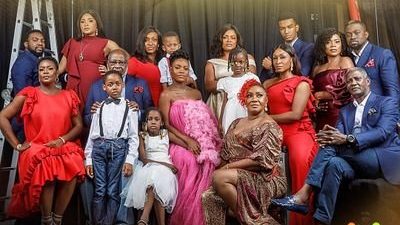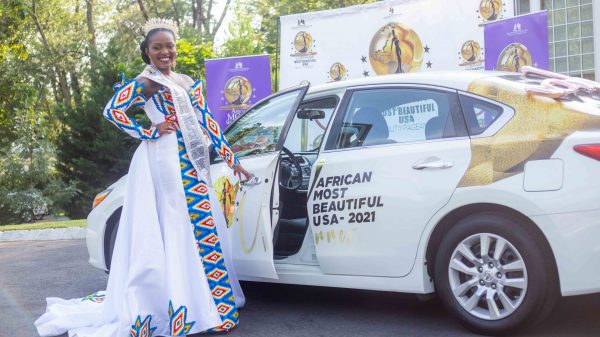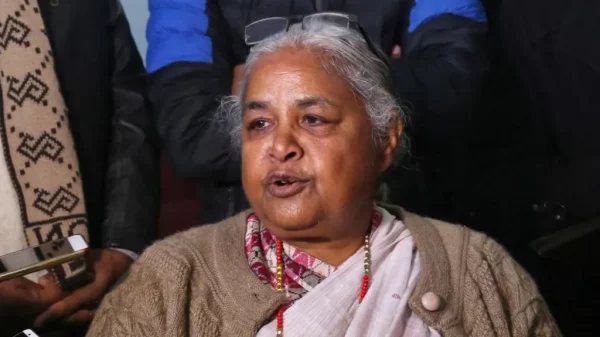Miscarriage has gone from being a thing that women and their partners basically never talked about in public to one that is far less taboo. And with good reason. Around one in four pregnancies will end in miscarriage, with 85% take place in the first trimester. It is, as Jessica Zucker, a Los Angeles-based psychologist specialising in women’s reproductive and maternal mental health, reminded HuffPost, a “normal outcome of pregnancy.”
But for all the work that has been done on social media, in articles and essays and even by celebrities to break down the secrecy and stigma around pregnancy loss, we’re still surprisingly crappy at knowing how to talk to women when they’re in the throes of it. Which means that women who open up about their experiences still have to endure all kinds of terrible responses, making what can be an incredibly sad, hard experience even worse.
Here are a few expert-backed ideas for how to talk to women who’ve experienced a pregnancy loss with kindness and grace.
- Don’t start any sentence with “at least…”
“One of the things I find most disturbing — and that clients tell me they hear all the time — is ‘at least you know you can get pregnant,’” Zucker said. But being reminded you got pregnant is not necessarily a comfort when you’re not pregnant anymore, and Zucker really believes it’s something people say basically to assuage their own discomfort with a difficult topic.
Other frequent offenders in this category: “At least you weren’t too far along,”
“At least you have another kid at home” and “At least you’re young and can try again.”
“People will say things like ‘you’ll have more children,’” said Jamie Kreiter, a Chicago-based licensed clinical therapist who is certified in perinatal mental health. “All of those things are intended as words of support and encouragement, but women are mourning this baby.”
2. Don’t assume you know how she’s feeling
This one is almost painfully simple, but experts say it trips up well-meaning friends and family time and again. People react to miscarriages in very different ways. Some women feel a profound sense of loss. Some women experience serious grief and depressive symptoms. Some women grapple with those feelings for a long time. Some don’t. Some women might not feel hit particularly hard by the miscarriage. Some might feel ambivalent about it. Some might feel relieved.
Don’t assume you know what a woman is going through after a miscarriage, and don’t say things like, “You must be so XYZ.”
“Oftentimes we’re projecting,” Zucker said. Instead, simply give women space to feel whatever it is they’re feeling, she urged, and let them know you are holding that space for them for as long as they need.
3. Don’t immediately jump to share your story
It is wonderful and important that more and more women are sharing their stories of miscarriage, but it shouldn’t be your first response when a woman you know is going through it. Sometimes sharing a personal experience can provide comfort and a sense of connection; other times it can be alienating.
“I think, unintentionally, you can start to have this one-upping or comparing thing, like, ‘Oh, I had that too and I felt like this,’” Zucker said.
Just be deliberate about how you share your experience, she advised, and be sensitive to the reaction. If it’s clear sharing your own story isn’t helping, stop.
4. Do offer to help spread the word
After a miscarriage, people often want concrete things they can do to help. For women who told friends and family about their pregnancy, or who were physically showing, one possibility is to offer to tell others for them. Basically, you can offer to help be the messenger so she doesn’t have to be, Kreiter said.
And that can extend not just to friends, family or co-workers you have in common, but also people in her day-to-day life who she might not even have explicitly discussed her pregnancy with, but who (again, depending on how far along she was) might have noticed, Kreiter said. Making the offer to help have those conversations can take a bit of weight off her shoulders.
5. Do be flexible around family gatherings and events
“Things like family holidays and anniversaries can bring back grief symptoms, even if the woman has otherwise been managing fine,” said Kreiter. In her practice, she might encourage a client who had been dreaming of her first Christmas with her baby, for example, to ditch the big family get-together in favour of a quick getaway with her partner. Friends and family can help in that regard by being mindful of potentially tough dates or events around the calendar and by making it clear that you’re supportive of her doing whatever she needs to do to put her mental health first.
Likewise, events like baby showers can be really difficult for some women who’ve experienced pregnancy loss. Kreiter said to invite them, but make sure they know you understand if they can’t attend.
“I tell clients that the people in their lives who love them will understand,” she said.
6. If nothing else, keep it simple
“It’s still puzzling to me why people aren’t saying something as simple as: ‘I am so sorry for your loss. I’m here for you,’” Zucker said. She thinks well-intentioned friends and relatives often feel pressure to come up with something they think is somehow more profound. But a statement like that is loving, straightforward and empathic, which is what women need.
“I am so sorry for your loss,” echoed Kreiter. Simple, loving and direct.































































































